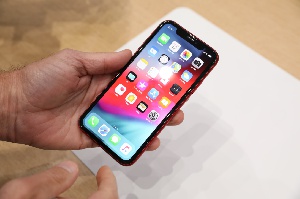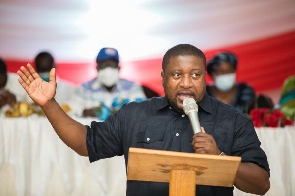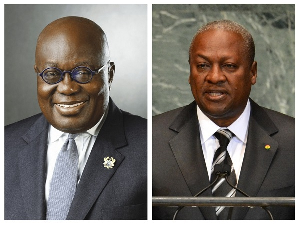Despite concerted efforts being made by both Ghana Revenue Authority and Ghana Link to iron out the challenges being faced by freight forwarders with regards to clearing of goods at the Tema port through the Integrated Customs Management System, ICUMS, the system is still fraught with challenges that are making the freight forwarding community unhappy.
Two days after the complete change over from the erstwhile Customs Management System deployed by GC Net in collaboration with West Blue Consulting customs agents are still complaining about various bottlenecks they claim they are confronted with in using the new platform ss expected the switch over to ICUMS from the erstwhile Customs Management System deployed by GC Net in collaboration with West Blue Consulting has been fraught with difficulties for clearing agents, following problematic piloting of the new system at the smaller Takoradi Port.
However, GRA and Ghana Link are making concerted efforts to deal with the problems of freight forwarders as they arise, at both the Tema Port where ICUMS fully replaced the GC Net platform from Monday – after the two platforms had run concurrently for a fortnight – and at the Takoradi port where the new platform has been running for the two past months but where challenges still persist.
Norvan Acquah-Hayford, Public Relations Manager at Ghana Link assures that most clearing agents are getting their problems resolved quickly after they make their complaints.
To this end Ghana Link and GRA have established a rapid response team at the Tema Port, with its members stationed at strategic places such as the Long Room, and the GPHA and Meridian Ports Services terminals.
The team strives to address challenges of freight forwarders as they arise and in this they have been largely successful. However, freight forwarders claim they are still not satisfied with the pace of progress towards achieving a smooth trade facilitation process.
Complaints range from clearing agents being forced to revert to manual processes – where the electronic processes under ICUMS fail to work properly – to confusion as to where to start and continue the processes themselves.
However Acquah-Hayford attributes such problems primarily to lack of understanding by the freight forwarders of how the processes work.
A particular challenge the operators of the new system are trying to resolve relates to clearances that were begun, but not completed under the GC Net platform before it was switched off last weekend. “We have put together a flow chart for this, explains Acquah-Hayford, “ but not everyone has got the information. Nevertheless all issues have either been resolved already or are being dealt with expeditiously”
The new platform was announced by government in 2018, but its full implementation has suffered several postponements due to operational shortcomings. This indeed has churned up considerable opposition to its introduction by the freight forwarding industry, public policy think tanks and the media who argue that the new system simply duplicates the old one but at higher cost and lower operational success.
Piloting of the scheme at the land points of entry went well, but major problems arose when it was introduced at Takoradi port, indeed leading to a public protest by freight forwarders.
IMANI Africa, a leading think tank in Ghana even went as far as petitioning President Nana Akuffo Addo himself for the suspension of its implementation.
However government has remained adamant, in part because the sole sourced contract given Ghana Link calls for compensation to the tune of US$97 million to be paid if the contract is terminated.
Nevertheless the ongoing full implementation of the new platform at the Tema port is widely seen as a litmus test.
Government chose to replace the GC Net/West Blue platform with one that requires only one vendor deploying an end to end system rather than the erstwhile platform where functions were divided among two different vendors.
Consequently it expects that when the ongoing challenges are eventually resolved it will result in more efficient trade facilitation and bigger revenues for the state.











